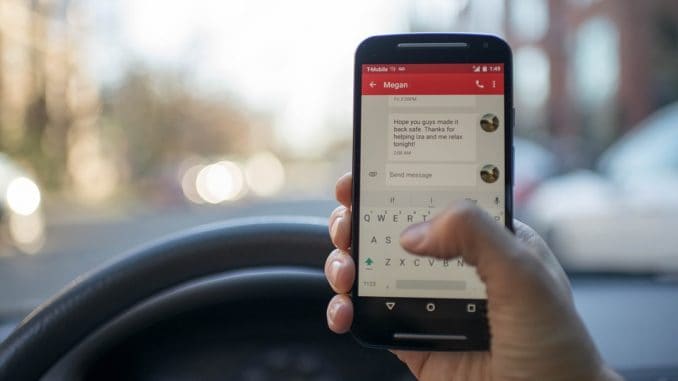
The New England Journal of Medicine recently published an essay where the writing doctor recommended that family doctors begin asking their patients whether they text and drive or talk on their cellphones while driving.
A recent essay in The New England School of Medicine suggests that doctors should begin asking their patients whether they drive while texting or talking on a mobile phone. The doctor, Dr. Amy Ship, reports that family physicians routinely ask patients whether they engage in dangerous or risky behavior such as smoking, watching their diet, or remembering to fasten their seat belt. Dr. Ship believes that asking about distracted driving should be incorporated into these risk questions.
Distracted driving–whether by talking on a cellphone or texting while driving–is certainly a problem, particularly amongst teenagers and inexperienced drivers. That is why our San Diego personal injury law firm helps sponsor the Teens Against Distracted Driving program where teenagers and their parents can take a pledge not to text and drive.
But can asking regarding dangerous behavior be effective to making patients safer? Is it the place of medical doctors to take on the issue of texting while driving as a preventative medicine issue? Is it too much of an intrusion into individual behavior to have primary car physicians ask about their patients’ personal behavior which is not medically related?
Dr. Ship takes the position that any efforts to keep patients safer and alive is fair game for medical doctors. She herself initiates the conversation by letting her patients know that texting and talking on the cellphone causes more auto accidents. She then tells them that multitasking when talking on the cellphone is obviously dangerous, otherwise patients would not mind if their surgeon spoke on the phone while operating on them.
Anything to increase awareness of the problem of distracted driving helps.
Follow us!